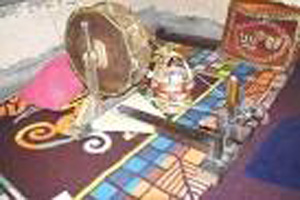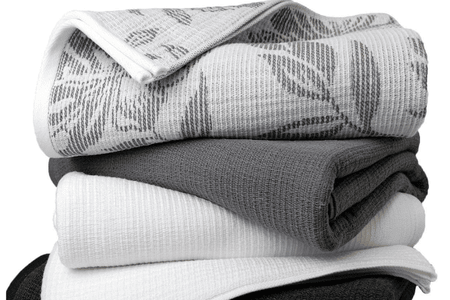
Traditional handspun Pashmina shawls sector losing over modern spinning mills
YarnsandFibers News Bureau 2014-04-21 15:00:00 – KashmirThe Kashmiri handspun Pashmina shawls spinning industry is vanishing with the shift from traditional to modern spinning mills. Now-a-day, not even 20 percent of shawls are being manufactured, hitting the livelihood of Kashmiri artisans.
With the State government failing to stop illegal manufacturing of Pashmina shawl despite to taking up much initiative towards it. Kashmir Pashmina Karigar Union (KPKU) has now urged Kashmir Chamber of Commerce and Industries (KCCI) to intervene into matter to safeguard the interest of local artisans or else the local artisans will be forced to look for other alternatives.
The dealers prefer to manufacture their shawls on machines due to low cost. It costs them Rs 100 per shawl instead of Rs 1200 on a traditional loom. Hence dealers are not interested in giving work to the local weavers.
The locally made yarn on machines in Kashmir costs Rs 15,000 per kilogram while the pure hand woven can cost nothing less than Rs.30, 000 in the market to the one from Punjab costs from Rs 7,000 to Rs 10,500 per kilogram.
Tahafuz, a society of Kashmiri artisans and Craft Development Institute (CDI), Srinagar to ensure the quality of Pashmina shawls had came up with Kashmir Pashmina Label, a seal of authenticity for genuine handmade Pashmina goods on August 5, 2013.
The artisans were also provided guidelines to sell their Pashmina shawls in the market once the label will be attached to each hand-woven Kashmiri Pashmina shawl. But hitherto the lab has not been used to test the authenticity and geniuses of any shawl.
The weavers union holds Amritsar shawls responsible for deteriorating the image of Kashmiri Shawl. With Punjab based traders pushing in pashmina yarn- locally known as taar in the market thus eliminating the need of spinning that over the centuries had remained a women’s domain. According to them,if machine made shawls were stopped, it can generate 25 percent of employment in valley.
Market Intelligence
Ask for free sample Report

experience
Customer Base
dedicated team
Countries Served Worldwide









